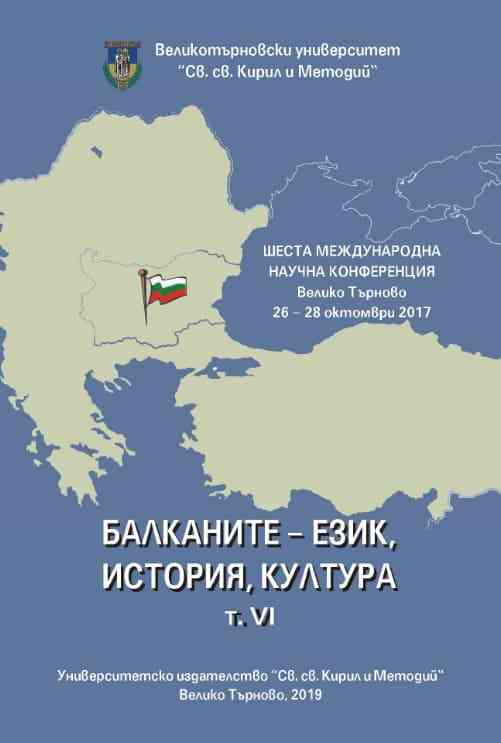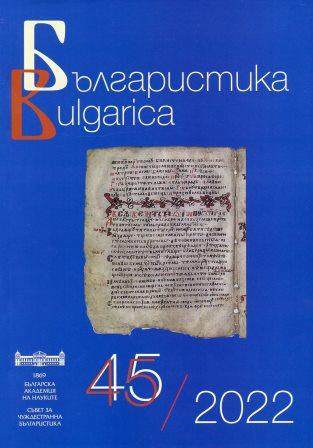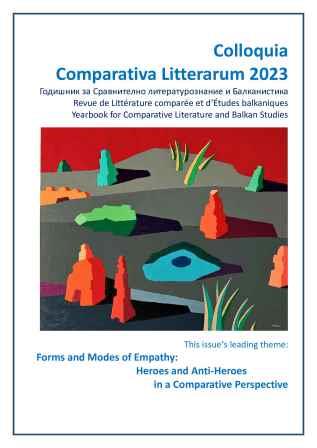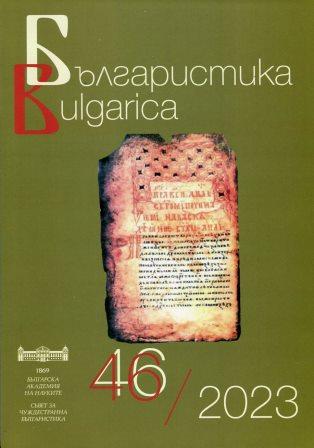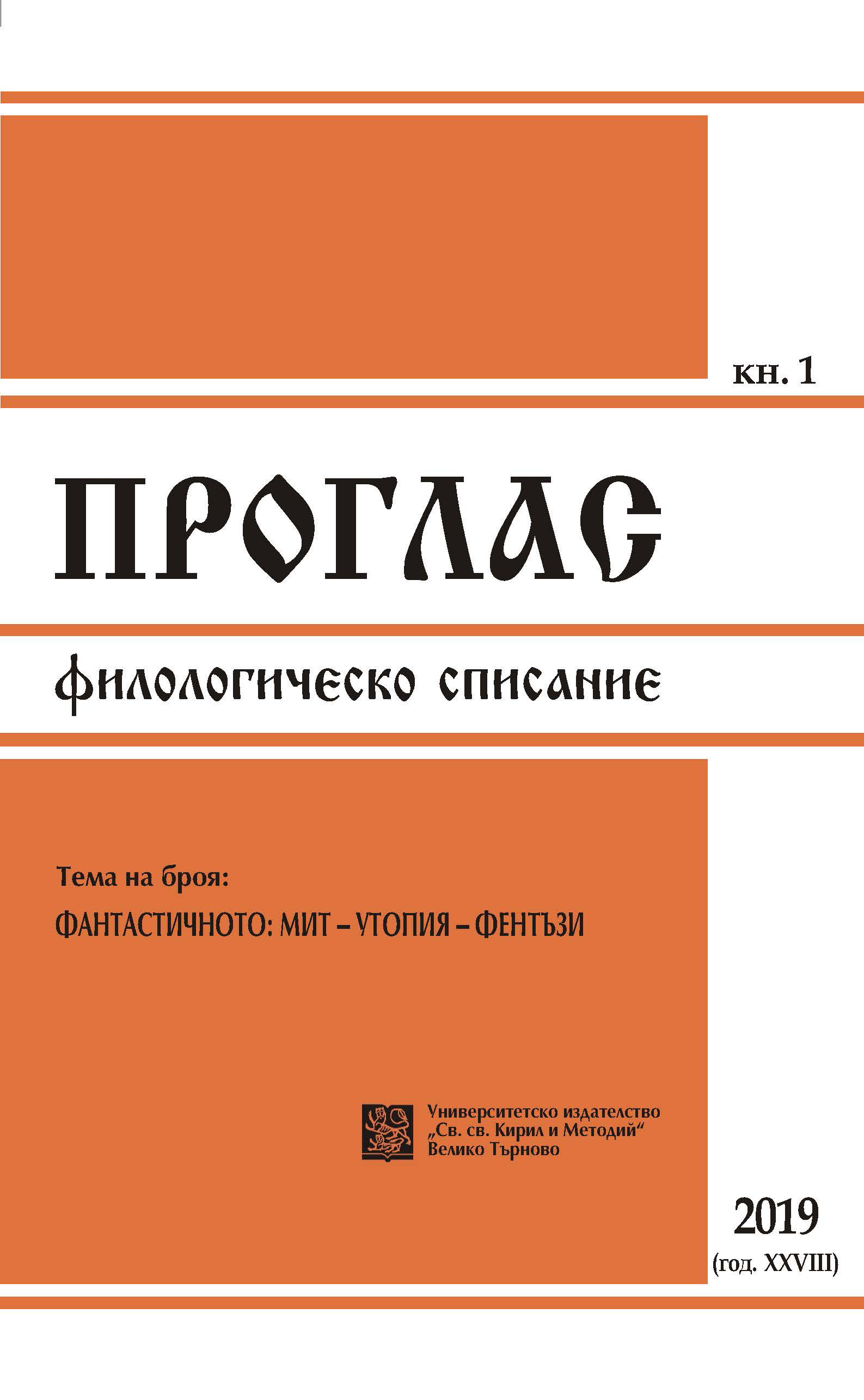
Фантастиката – медиум на модерността: Светослав Минков
The article introduces the reader to the context of the momentous transformations of the aesthetic and worldview paradigms at the end of ‘the long 19th century’ and the arrival of modernity in Bulgarian culture which had– until then – been traditional and folklore-based. In this context, the author traces the early work of Svetoslav Minkov – a distinguished author of fantastic literature and cofounder of Bulgarian diabolical literature. The article focuses on comparative reading of several short stories by Gustav Meyrink and Svetoslav Minkov in order to highlight the arguments supporting the discussion of this literary movement in a broad, European context.
More...
